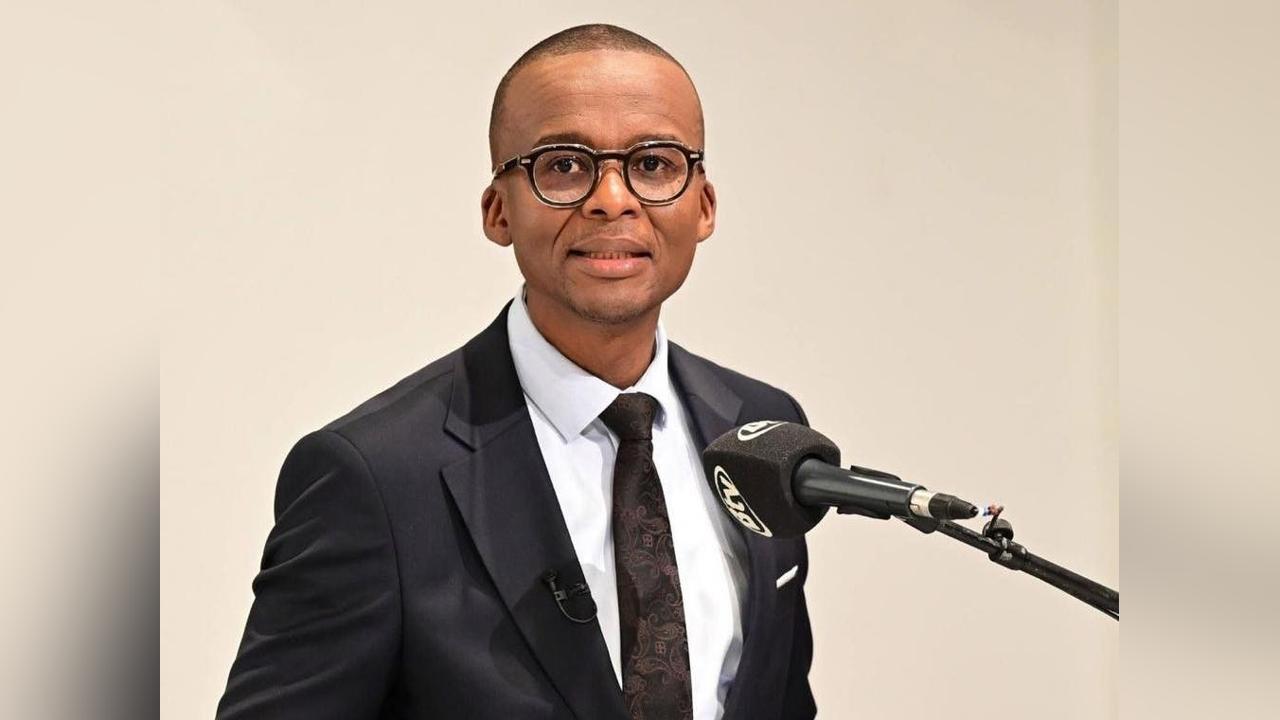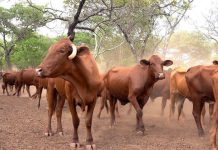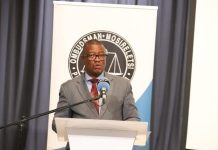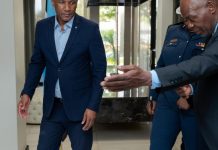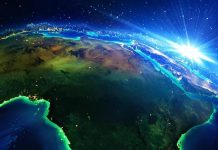Africa-Press – Botswana. Nearly half of the African population remains unbanked
Vice President Ndaba Gaolathe has commended Botswana Savings Bank (BSB) for being a game-changer in bringing financial services communities long left outside the banking system.
Speaking at the World Savings and Retail Banking Institute (WSBI) African Regional Conference in Kasane last week, Gaolathe said over the years BSB has nurtured a culture of savings, promoted financial literacy, and aligned innovation with social purpose.
Gaolathe revealed that according to the World Bank’s Global Findex 2025, while 79% of adults worldwide now own an account, only 55% of adults in Sub-Saharan Africa do, meaning nearly half of the African populace remain unbanked.
“Financial inclusion remains Africa’s unfinished business,” declared Gaolathe.
However, the Vice President said despite the shocking statistics, the same World Bank report shows Africa as a pioneer, showing 40% of adults in Sub-Saharan Africa held a mobile money account by 2024, making the continent a global leader in mobile money adoption.
“From Kenya’s M-Pesa, an innovation that has transformed household resilience, to the Pan-African Payment and Settlement System (PAPSS), which enables cross-border trade to be settled in African currencies, the continent is reshaping what financial access means,” he said.The three day WSBI Conference held under the theme: Driving Sustainable Development: Financial Inclusion, Green Finance, and Responsible Banking, brought together delegates from across the globe to Botswana’s tourism capital.
Gaolathe further reminded the delegates that financial inclusion is not just about numbers; but also about resilience.
“And just as inclusion gives resilience to households, so too must green finance give resilience to our continent,” he said.
The VP lamented that though Africa contributes less than 4% of global greenhouse gas emissions, the continent endures the harshest impacts through floods, cyclones, and food insecurity.
More ReadHe cautioned that the African Development Bank estimates that Africa requires $1.3–1.6 trillion by 2030 to meet its climate and development goals, while the European Investment Bank adds that Sub-Saharan Africa alone will need $30–50 billion annually for climate adaptation.
“Green finance is no longer a choice; it is our shield. And Botswana’s Integrated National Financing Framework is one such example of aligning national strategies with climate action, said Gaolathe.
Speaking on responsible banking, Gaolathe delivered a sobering truth that the global financial system often disadvantages African economies, as per the 2025 African Trade Report by Afreximbank, which highlights a persistent trade finance gap of about US$100 billion annually, constraining SMEs.
The VP however, said there’s still hope as the World Bank estimates that the African Continental Free Trade Area (AfCFTA) could lift 30 million people out of extreme poverty if fully implemented.
“Responsible banking means aligning financial flows with inclusive, low-carbon growth, as mandated under Article 2.1(c) of the Paris Agreement. For Africa, this is not optional; it is survival,” Gaolathe said.
For More News And Analysis About Botswana Follow Africa-Press

